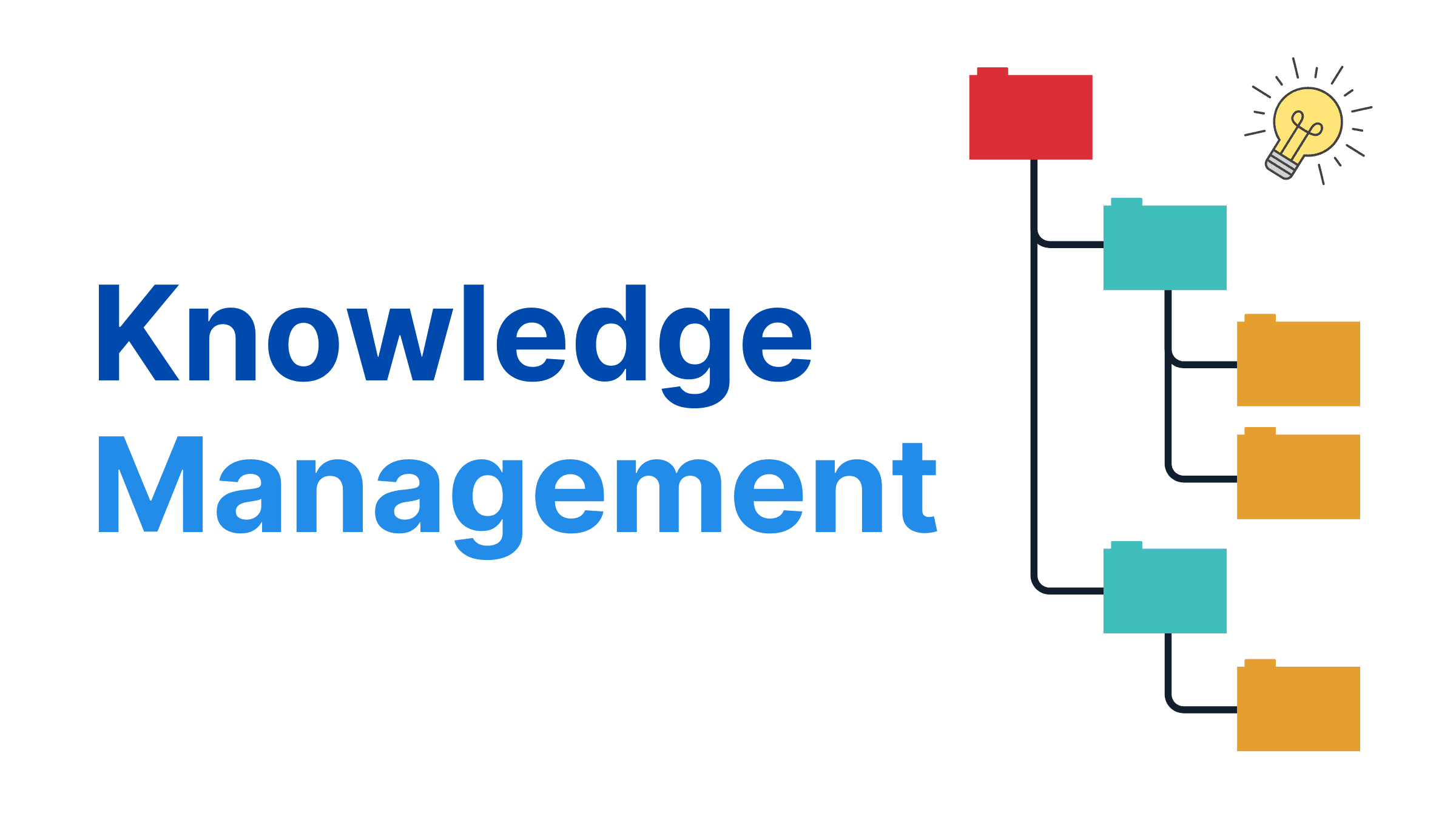Differentiating Data and Information: A Reflection on Knowledge Management Class
John Roice Aldeza
Published on September 09, 2024

In our latest Knowledge Management class, our facilitator gave us an interesting task: to bring our Certificate of Registration (COR). For those who might not know, the COR is a document that proves we are enrolled at the university. It includes:
- Basic student information (like name, address, and student number)
- List of courses we are taking
- Billing details
- Agreements about the university's data privacy policy
- A checkbox to indicate whether a student is paying or non-paying
The assignment wasn’t just about the document itself. We were asked to look for trends, patterns, and outliers in the data found in the COR. This led to an interesting question: Is the COR just data or is it information?
Data vs. Information: What’s the Difference?
During the discussion, we learned the difference between data and information. The individual pieces in the COR—like a student's name, address, or list of courses—are raw data. These are simple facts with no real meaning on their own. For example, a list of names doesn’t tell us much until we know what the names are related to.
But when we look at this data in the context of the university, it becomes information. For example, the COR tells us that a person is an enrolled student, what courses they are taking, and whether they are paying or not. This data becomes meaningful and useful, turning into information with a clear purpose.
Understanding the Different Levels of Knowing
This exercise helped us start thinking about the different levels of knowing, which we will explore further in future classes. The first level is data—basic facts without context. When we organize and interpret this data, it becomes information—data that now has meaning. For example, understanding who is enrolled and what courses they are taking is information.
The next level is knowledge, which goes a step further. Knowledge is about using information based on experience and understanding. It involves knowing how to use information to make decisions or solve problems. For instance, knowledge could involve using the information from the COR to identify enrollment trends, plan for future needs, or improve university policies. This is where data and information start to become truly valuable.
Looking Ahead: What Comes Next?
Our facilitator wrapped up the session by hinting at what’s coming next: a deeper dive into these levels of knowing. This was just the beginning of our journey into understanding how knowledge is created and managed in different settings.
I’m excited for our next class, where we’ll explore these ideas further and see how they apply to real-world situations!